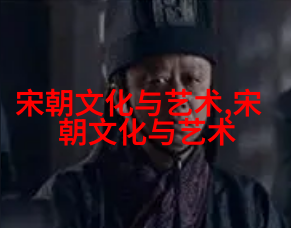郑和是谁他不是太监明朝的三宝才是
郑和:明朝的海权战略家

在中国历史上,郑和是那个时代最杰出的航海家、外交家,他的名字与南京龙江港永乐年间出发的庞大船队紧密相连。这个太监宦官不仅改变了中国对外关系,也开创了新时代的大航海时代。
1405年,三十九岁的郑和奉成祖命,从南京龙江港启程,率领27800人第一次下西洋。这次远征不仅展示了中国当时的科技水平,更展现了其对外开放的心态。他们到达文莱、泰国、柬埔寨等地,与这些国家建立了一种新的友好关系。

随后,郑和又带领船队第二次下西洋,这次他更加深入地探索了亚洲各个角落。他第三次下西洋时,又邀请更多的人物加入,并且他的探险范围扩展到了印度洋地区。第四至第七次下的西洋,每一次都更为精心规划,一直到1431年,他在六十岁的时候再次出发,但这也是他最后一次远征。
李约瑟评价道:“东方的航海家中国人从容温顺,不记前仇,慷慨大方,从不威胁他人的生存。” Zheng He's voyages not only expanded China's maritime trade but also promoted cultural exchanges between China and other Asian countries. His expeditions were a symbol of peace and friendship, rather than conquest or domination.

Zheng He's legacy has left a profound impact on the world. His voyages demonstrated that China was open to the world, willing to engage in friendly exchanges with other nations. Today, we can learn from his vision of a peaceful and harmonious world where different cultures coexist peacefully.
So why is it called "Zheng He’s Treasure Fleet"? Because these fleets were not just ships carrying goods; they carried ideas, culture, and friendship across seas. They represented the best of Chinese civilization: tolerance, openness, and respect for all nations.

In conclusion, Zheng He was more than just an explorer; he was a diplomat who helped establish friendships between nations. His voyages showed that even in times of conflict and war, there are still people like him who believe in peace and understanding.
So let us remember Zheng He as more than just a great navigator or admiral – he was an ambassador for peace who paved the way for future generations to explore the wonders of our planet together in harmony.




